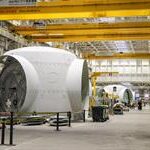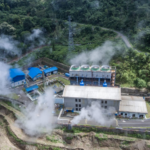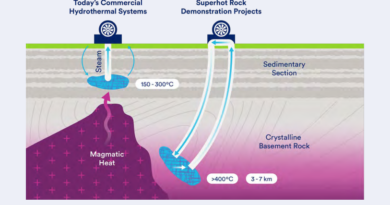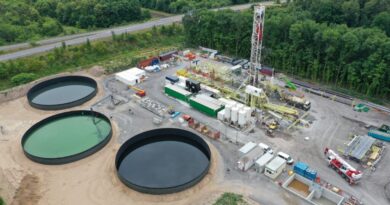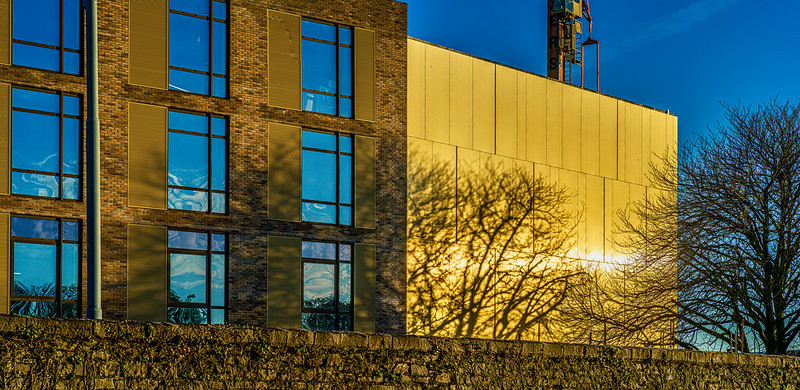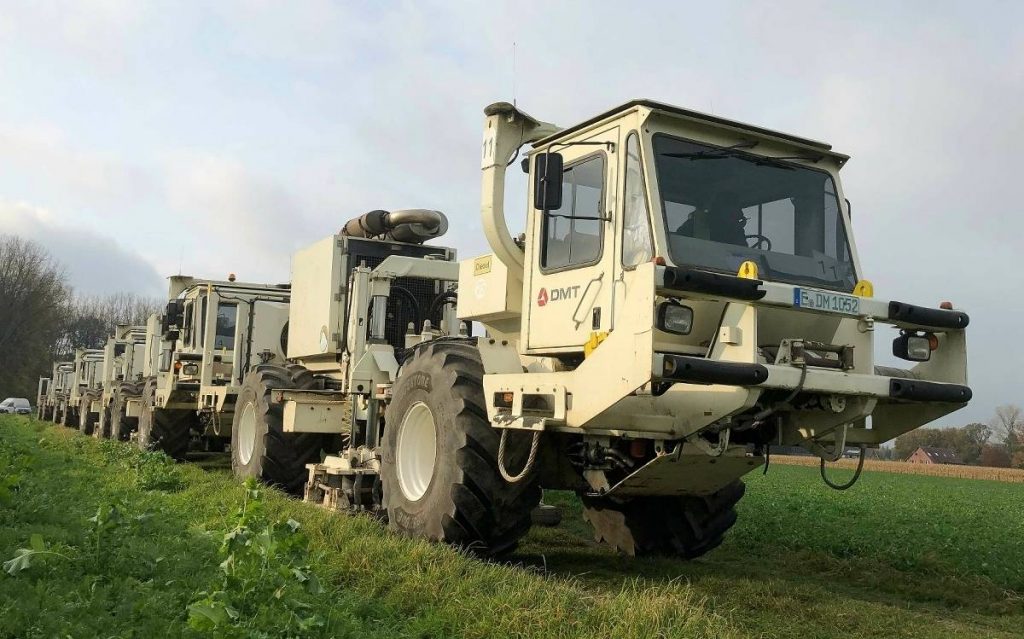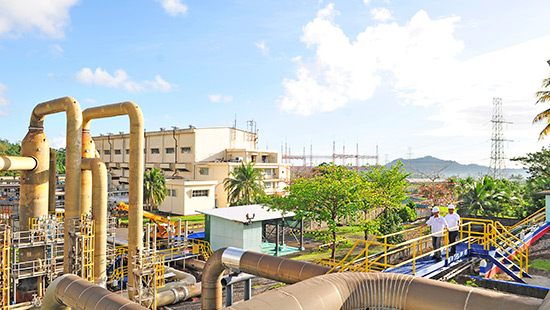Minnesota “green bank” to fund geothermal system for new community
Energy Disrupter

A new housing and industrial development in St. Paul, Minnesota will have a geothermal system funded by a “green bank” established by state legislature.
The Minnesota Climate Innovation Finance Authority (MnCIFA), a newly established “green bank” created to accelerate the adoption of proven clean energy and greenhouse gas reduction projects, has granted a $4.7-million loan for a geothermal energy system at the new housing and industrial development on the city of St. Paul’s East Side in Minnesota. This represents the first loan from the financing authority, which had just been established by the legislature in 2023.
The new development, called “The Heights,” aims to be net-zero and produce all of its energy needs on-site. The proposed geothermal system will play a vital role in this strategy, providing heating and cooling to the residential units and light-industrial buildings in the development. This will also be the first aquifer-based district geothermal energy system in Minnesota.
The geothermal system will be owned and operated by The Heights Community Energy under the direction of District Energy St. Paul, a non-profit utility partner of the city, and the St. Paul Port Authority. The Heights is planned to have eventually have 1,000 new housing units and produce 1,000 living wage jobs.
St. Paul City Council Member Nelsie Yang said that the project will cost a total of $12 million, but the loan from the MnCIFA will get the development going. As the buildings go up, the project developers anticipate that private lenders can evaluate the risks better and can step in to provide additional financing.
“We know that the construction and the buildings are going to come along … but at this point the private sector isn’t willing to finance a project like that,” said Peter Klein, Executive Director of the MnCIFA.
Klein further adds that the agency is still evaluate how to distribute the total of $45 million in funding based on about 40 proposals that they have received. The Heights project was prioritized due to its urgency, as the piping for the geothermal system had to be installed before the roads were built.
Elsewhere in Minnesota, work on a geothermal heating and cooling system at the front of the City Hall of Rochester had started in late 2023. About half of the cost of $34-million project will be covered by incentives under the Inflation Reduction Act.
Source: MPR News and Twin Cities


